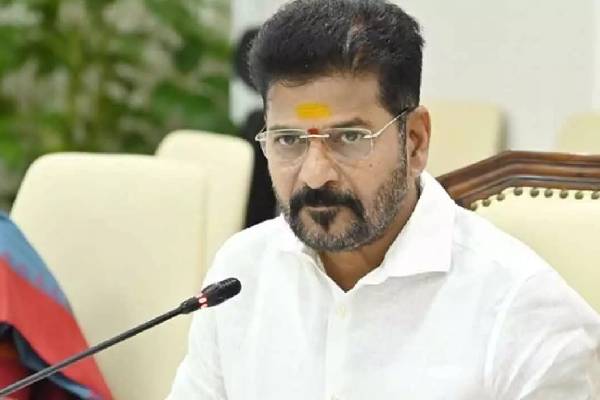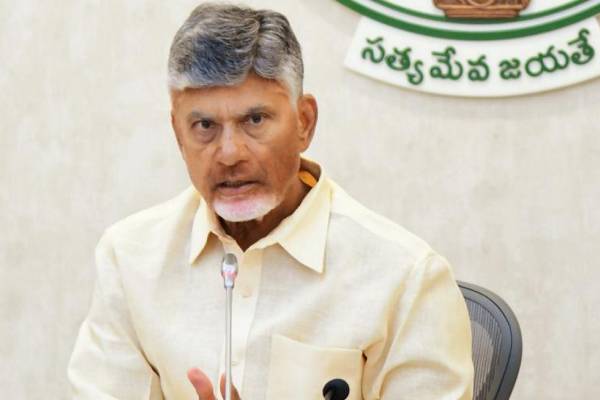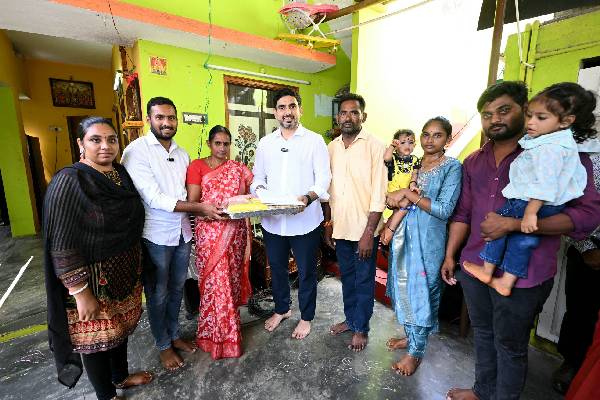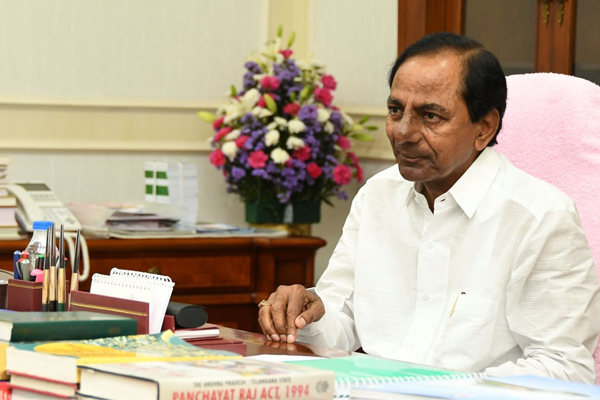
The TRS supremo and Chief Minister K Chandrasekhar Rao sounding the poll bugle claims that his party will win 100 seats in the 119 strong Telangana legislative assembly. This claim can either be a strong expectation or a strategic move to enthuse his party rank and file and demoralise the opposition camp even before war has begun.
Notwithstanding such poll eve assertions, the TRS chief cannot be oblivious to the fact that sporadic discontentment is brewing against the K Chandrashekhar Rao government, at least among certain sections though, the Opposition Congress is far from winning over the confidence of the people. The half-hearted implementation of certain flagship schemes, like the 2-bedroom houses remains a challenge for the ruling TRS regime. While the limited beneficiaries of the scheme are certainly overwhelmed, the heartburn among those who failed to draw benefits is much stronger. Jobs, funds and water were the prime demands of the Telangana movement. But, the number of government jobs filled are much less when compared to what was promised by the TRS during the movement. Yet another glaring failure of the government is regarding implementation of its much publicised scheme of three acres for each landless Dalit family, besides providing the remaining extent of land for those who possess less land. The scheme is almost a non-starter with only couple of thousands of acres distributed. However, the TRS expects to tide over the discontentment regarding such issues by focusing on its developmental and welfare schemes like cash support to farmers, drinking water scheme, irrigation projects, financial assistance to girls at the time of marriage, etc.
TRS expects to benefit from its cash transfer scheme of providing Rs 8,000 per acre for the farmers. But, about 30 to 40 percent of farmers are excluded, as this scheme is not applicable to tenant farmers, tribal farmers who are cultivating forest land and are yet to get rights over it due to non-implementation of the Forest Rights Act, etc.
The concentration of power in the hands of the chief minister has made many ministers and MLAs dummy figures, and has also increased the anti-incumbency sentiment. Thus, there is sporadic discontentment against KCR’s rule, but it’s confined to certain sections only. There is no universal displeasure with the TRS.
The TRS, which earlier supported the demand of Andhra people, has recently retreated. Seemandhra voters play a decisive role in many constituencies, especially in state capital Hyderabad. This is evident from the fact that TDP could get as many as 15 seats in 2014, most of them from Hyderabad. The TRS retreat on the special status demand of Andhra Pradesh has a possibility to alienate Seemandhra voters if opposition effectively capitalizes on it. The Lambadi- Adivasi conflict, the unfulfilled demand for SC categorisation, etc are ticklish for any ruling dispensation to handle. The TRS has also not attempted to address these vexed questions fearing political costs. The discontents thus generated among the aggrieved sections is something for the TRS leadership to ponder over.
( Prof.K. Nageshwar is India’s noted political analyst. He is a former member of the Telangana Legislative Council and professor in the Department of Communication & Journalism, Osmania University, Hyderabad, India )

































